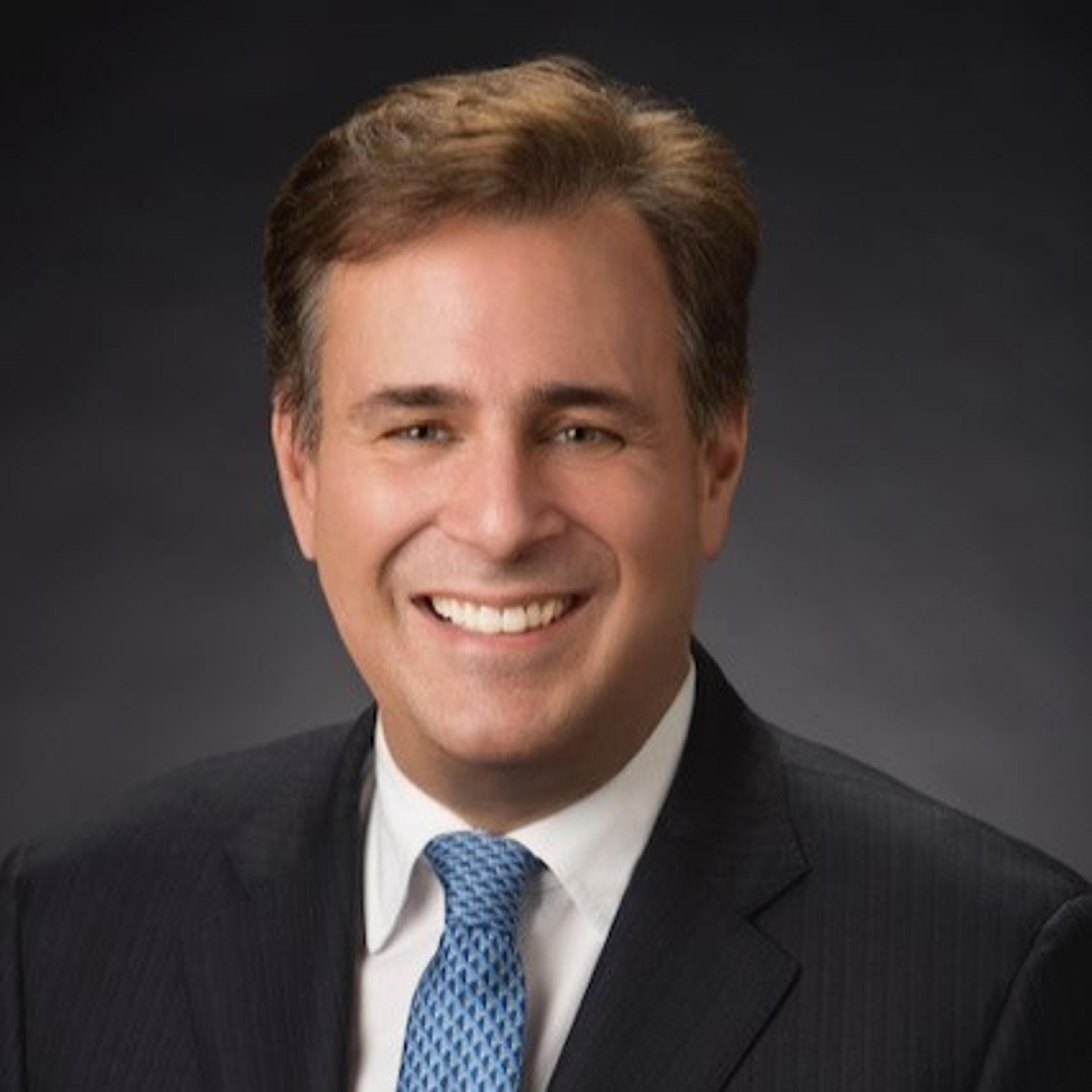What You Need to Know About the Study Associating Melatonin Supplements with an Increased Risk of Heart Failure

James Grant, M.D.
| 4 min read
James D. Grant, M.D., is executive vice president an...

Key Takeaways
- A new five-year study determined that people who took melatonin had a 90% higher risk of heart failure compared to the group of participants who didn’t.
- Many sleep experts have noted the limitations of the study, which has not yet been peer-reviewed.
- The American Heart Association notes that the association between melatonin and increased risk of heart failure or death does not suggest melatonin itself causes heart failure – it only notes the association.
- Before turning to melatonin, it's best to try to improve your sleep hygiene naturally and without supplements, which are not regulated by the FDA.
A new five-year study has recently garnered a lot of attention as it associated long-term use of melatonin supplements to a higher risk of heart failure, according to a news release from the American Heart Association (AHA).
The unpublished study – which will be presented at the AHA’s scientific conference in New Orleans in November – found that individuals who took prescribed melatonin for more than a year had a higher chance of heart failure over five years compared to people who were identified as nonusers.
Many sleep experts have noted the limitations of the study, which has not yet been peer-reviewed. Let’s look at the study and examine why you shouldn’t jump to any conclusions just yet.
Is there a connection between melatonin and heart failure?
The study reviewed the health records of 130,000 adults with chronic insomnia. Participants were split into two groups: one group that took melatonin supplements for at least one year and another group that had no record of taking melatonin.
The researchers – led by a chief medical resident in primary care and internal medicine at SUNY Downstate Health Sciences University in Brooklyn – then examined heart failure over the next five years and determined the people who took melatonin had a 90% higher risk of heart failure than the group who didn’t, and were more than 3.5 times as likely to require hospitalization for heart failure or die from any cause.
What are the limitations of the study?
The AHA notes that the association between melatonin and increased risk of heart failure or death does not suggest melatonin itself causes heart failure – it only notes the association.
Perhaps the study’s most notable limitation is that its database included participants from all over the world, including European countries that require a prescription for melatonin. Everyone in the melatonin group took prescribed melatonin compared to the other group. Those in the non-melatonin group could have been taking supplements, too, but if they were it wasn’t reported in their medical records, as people can buy melatonin over the counter in the United States and other countries.
The study also lacked information about melatonin dosage and insomnia severity among participants. Additionally, the risk for heart failure was 4.6% for those in the melatonin group compared to 2.7% for those with no record of taking melatonin – two relatively low figures.
What does this mean for people who take or consider taking melatonin?
Melatonin is a hormone secreted by the brain’s pineal gland at night. It regulates the body’s sleep-wake cycle by signaling when it’s time to go to sleep. It’s a supplement doctors may sometimes recommend for people with jet lag or who are adjusting to a new time zone or shift in their sleep schedule. However, there isn’t enough evidence to suggest that melatonin is effective in treating chronic insomnia, so it should not be considered a long-term fix for the condition or sleep challenges in general.
Though it has its shortcomings, the new study should serve as a reminder that we don’t have a lot of information on supplement safety, so even supplements like melatonin shouldn’t be taken consistently unless you speak to your primary care provider (PCP) first. Your PCP can help you get a proper diagnosis for your sleep struggles and determine a proper course for treatment.
Supplements are not regulated by the U.S. Food and Drug Administration and may not contain the contents on the label. If you need to take a supplement, look for products approved by the United States Pharmacopeia (USP) or National Science Foundation (NSF). This means they are tested and certified by an independent third party.
How to improve your sleep hygiene
Before turning to melatonin, try this list of natural ways to improve your sleep.
- Go to bed and wake up at the same time each night, even on weekends.
- Avoid alcohol and caffeine for several hours before bed.
- Avoid screen time one to two hours before bed.
- Exercise during the day to regulate energy levels.
- Create a dark, cool sleeping environment in which your blinds and curtains are shut, the temperature is between 60- and 67-degrees Fahrenheit and your bedroom is free of unwanted noise. You can also try wearing a sleep mask or earplugs.
- When unable to sleep, don’t sit in bed waiting to fall asleep. Get up and return to bed when you feel like retiring.
Related:
Photo credit: Getty Images





